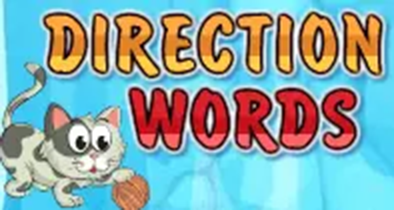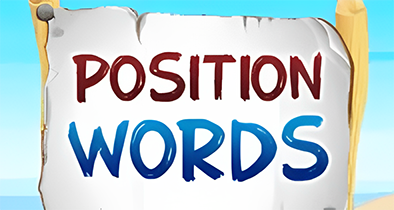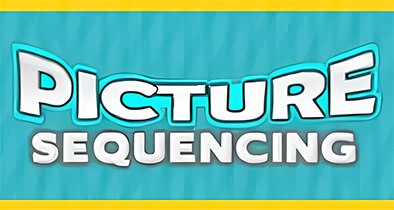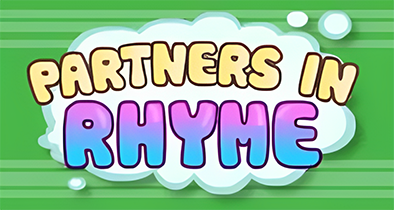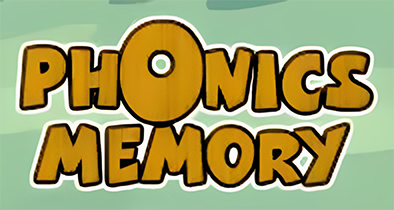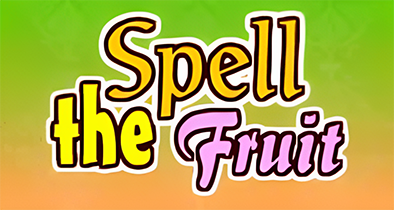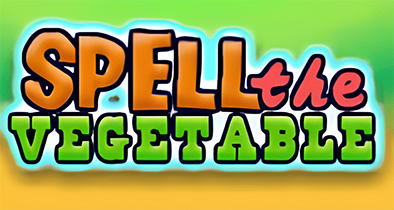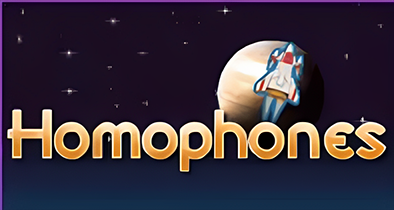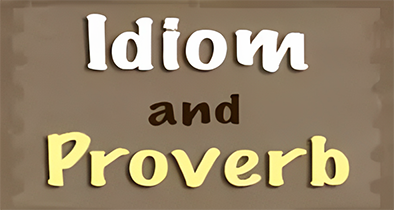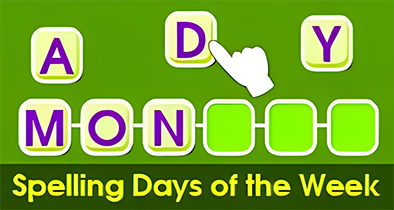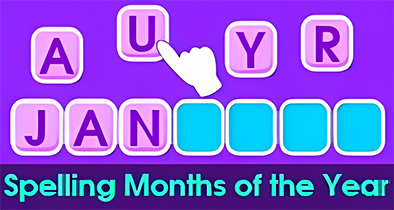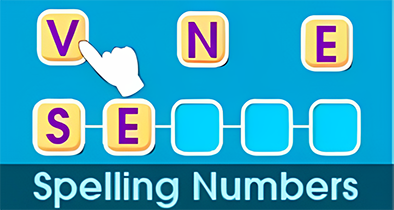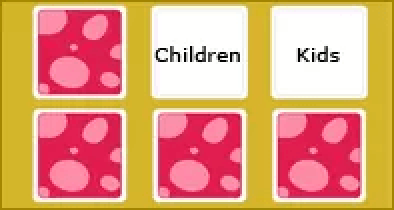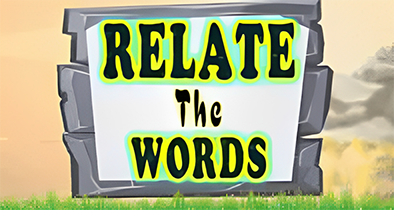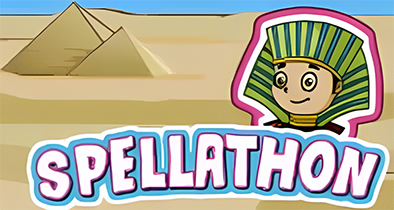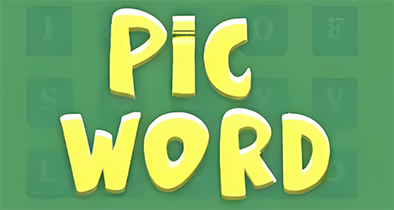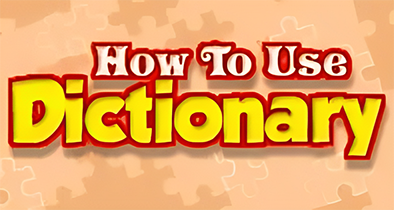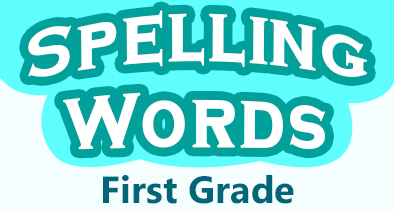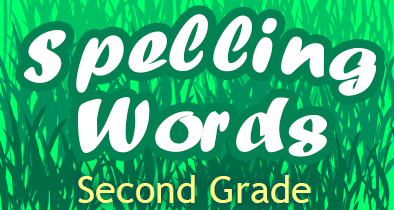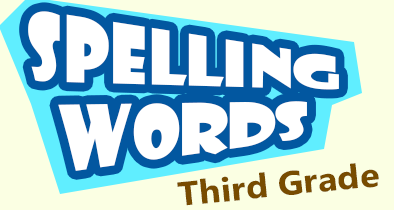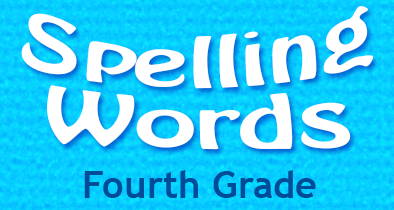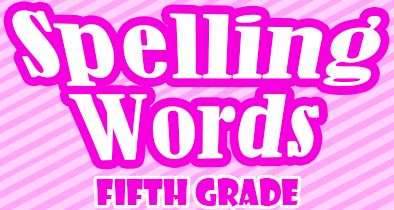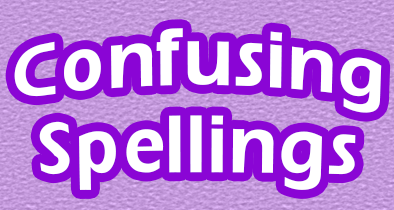- HOME
- GAMES
- FIFTH GRADE
- WORD GAMES
Login as parent/teacher to assign this.
Word Games
Learning direction words can be helpful in various contexts, such as giving or following directions, understanding maps, describing locations, and improving spatial awareness. These words may have different meanings depending on the context, but they generally refer to the basic directions and can be a good starting point for learning and understanding spatial relationships. Practice using these words in real-life situations or by engaging in map-related activities to reinforce your understanding of direction words.
Learning position words is essential for describing the location of objects or people accurately. Position words help convey spatial relationships and give clear instructions. Appropriate position words can vary depending on the context and the specific relationship between objects. Practice using these words in real-life scenarios, such as giving directions or describing the placement of objects, to reinforce your understanding of position words.
Picture sequencing games offer a range of cognitive, memory, language, and problem-solving benefits. They provide an interactive and entertaining way to enhance various skills, making them suitable to promote learning and skill development in an entertaining manner.
A fun online game for kindergarteners to build their skills with rhyming words as they think playing with words that rhyme is fun, so they stay engaged in learning longer.
Learning phonics is an important foundation for children to develop strong reading and spelling skills. Phonics teaches the relationship between letters and their corresponding sounds, enabling children to decode words and recognize patterns. We make phonics learning interactive, engaging, and fun for children. Each child learns at their own pace, so be patient and provide positive reinforcement and support throughout the process.
Learning to spell fruit names can be an enjoyable and educational activity. When teaching spelling, it can be helpful to break down the word into its individual sounds and syllables. Additionally, you can encourage children to practice writing the words, use them in sentences, or create fun mnemonic devices to aid in remembering the spelling. Engaging in activities like word searches, crossword puzzles, or spelling games that focus on fruit names can also make the learning process more interactive and enjoyable.
Spell the name of the vegetable by clicking on the letters! Play this fun interactive vegetables spelling game for Kindergarteners on Turtle Diary!
Homophones are words that sound the same but have different meanings and, in most cases, different spellings. Although they are pronounced identically or similarly, homophones have distinct definitions and usage. Teaching homophones can be a fun and engaging way to enhance children's vocabulary and language skills.
Idioms and proverbs are both forms of figurative language that are commonly used in everyday speech and writing. While they share similarities, they have distinct characteristics. Both idioms and proverbs add color, depth, and cultural richness to language. They can be challenging for non-native speakers to understand and use correctly, as their meanings are not always predictable from the literal meanings of the words involved. However, mastering idioms and proverbs can greatly enhance one's ability to communicate effectively and express ideas with cultural nuance.
Metaphors and similes are both figures of speech that are used to make comparisons and enhance the meaning of language. Both metaphors and similes serve to enhance language and add depth to communication. They provide imaginative and creative ways to describe and compare different aspects of the world around us. Understanding metaphors and similes enables individuals to interpret and appreciate figurative language more effectively.
Learning the days of the week is an important step in understanding time and organizing schedules. Teaching the days of the week to kids can be an interactive and engaging process. Remember to keep the activities age-appropriate and make learning interactive and enjoyable. Regular reinforcement and repetition of the days of the week in various contexts will help children become familiar with the names and sequence over time.
These are the 12 months that make up a year. Each month has its own unique characteristics, holidays, and events associated with it. Learning the months of the year is an important foundation for understanding time and organizing schedules.
Number names are the words used to represent the respective numerical values. Learning number names is essential for counting, understanding quantities, and performing basic arithmetic operations. Learning to spell numbers is an important foundational skill in mathematics.
Make learning synonyms fun with Turtle Diary's Matching Synonym game. This game teaches synonyms via matching, a game you won't forget!
Related words are words that are connected or associated in meaning, usage, or context. They may share similarities in their definitions, be used interchangeably in certain contexts, or have overlapping meanings.
Spellathon is a fun word-making game for kids. In this, kids have to make as many words as they can from a given set of letters. The game has two difficulty levels- easy and hard. In the first level, kids will learn how to make 3 letter words. In the second level, kids will practice making 4 to 7 letter words. Kids will enjoy this challenging game as they improve their spelling skills and expand their vocabulary.
Word-picture matching activities help reinforce vocabulary, enhance visual literacy, and strengthen the association between written/spoken words and their corresponding images. It is an effective strategy for learners of various ages and proficiency levels.
Master these online puzzles to learn how to use a dictionary in one of Turtle Diary's online vocabulary games for 2nd grade.
Begin by introducing simple, high-frequency words that are familiar to the students. These can include common sight words like "cat," "dog," "hat," "run," and "jump." Use visual aids such as flashcards or pictures to make the words more memorable. Teach the relationship between letters and sounds through phonics. Introduce letter-sound correspondence and demonstrate how different sounds can be represented by specific letters or letter combinations. For example, explain that the letter "c" can make the sound /k/ as in "cat."
Reinforce phonics skills by teaching the relationship between letters and sounds. Introduce new phonetic patterns, digraphs (two letters representing one sound, such as "ch" or "sh"), and blends (consonant clusters, such as "st" or "tr"). Use a variety of resources like phonics charts, word cards, and interactive activities to engage students in learning letter-sound connections.
Teaching spellings to third-grade kids involves building on their existing spelling skills and expanding their vocabulary. Focus on teaching word patterns, including prefixes, suffixes, and root words. Help students understand how adding these elements can change the meaning and spelling of words. Provide word lists and activities that reinforce these patterns.
Teaching spellings to fourth-grade kids involves building on their prior knowledge and expanding their spelling abilities. Utilize interactive spelling games, online resources, or educational apps that provide engaging spelling activities and practice opportunities. These resources can make learning spelling enjoyable and help reinforce spelling skills.
Teaching spellings to fifth-grade kids involves refining their spelling skills and expanding their vocabulary. Introduce new vocabulary words that align with the students' grade level and curriculum. Teach their spellings, definitions, and usage in context. Encourage students to incorporate these words into their speaking and writing.
Confusing spellings can present challenges for students. Teach students to recognize common letter patterns or chunks in words that may cause confusion. Help them identify patterns like "ei" and "ie," "ou" and "ow," or "c" and "k" sounds. Practice spelling words with these patterns and discuss the rules or guidelines that govern their usage.
Play From Word Games
- Adaptation Words
- Animal Words
- Birthday Words
- Body part Words
- Camping Words
- carnival Words
- Christmas Words
- Clothe Words
- Cloud Words
- Color Words
- Earth And Space Words
- Electrical Energy Words
- Energy Words
- Family Words
- Feeling Words
- Flower Words
- Force And Motion Words
- Fossil Words
- Halloween Words
- Job Occupation Words
Our Educational Resources
Math Games
- Addition
- Area and Perimeter
- Decimals
- Division
- Fractions
- Shapes
- Geometry
- Multiplication
- Number
- Roman Numerals
- Statistics
- Subtraction
- Time
- Units of Measurement


